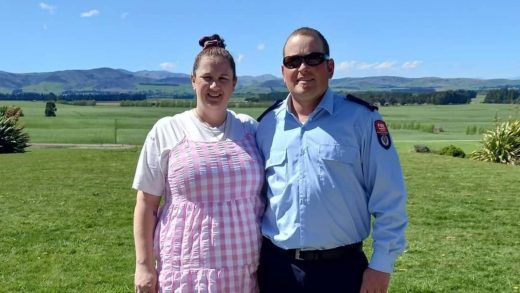
BOSTON (AP) — A Massachusetts council on Wednesday approved Gov. Maura Healey’s plan to pardon tens of thousands of people convicted of misdemeanor marijuana charges going back decades.
The pardons approved by the Governor’s Council will take effect immediately, although it will take some time to update state criminal records, officials said.
“Massachusetts made history today,” Healey, a Democrat, said in a statement. “Thousands of Massachusetts residents will now see their records cleared of this charge, which will help lower the barriers they face when seeking housing, education or a job.”

Massachusetts joins several other states, including Rhode Island, Connecticut, Missouri and Oregon, in forgiving low-level marijuana offenders.
The pardons will apply to all adults convicted prior to March 13 in state court for possession of marijuana or a “Class D substance.” Most people will not need to take any action to have their criminal records updated, according to Healey. The state also has set up an online page to request certificates confirming marijuana pardons.
Healey, a former state attorney general, said the pardons are the most sweeping by a governor since President Joe Biden in December pardoned thousands of people with federal marijuana possession convictions and called on governors to follow suit. Healey said the pardons will apply to those arrested as far back as the 1970s war on drugs and earlier.
A pardon essentially acts as forgiveness initiated by the governor for a conviction. It does not automatically seal or expunge criminal records.
Healey said the pardons are a matter of justice. Thousands of people still have marijuana convictions on their records even though the state decriminalized possession for personal use in 2008 and legalized recreational marijuana in 2016.


